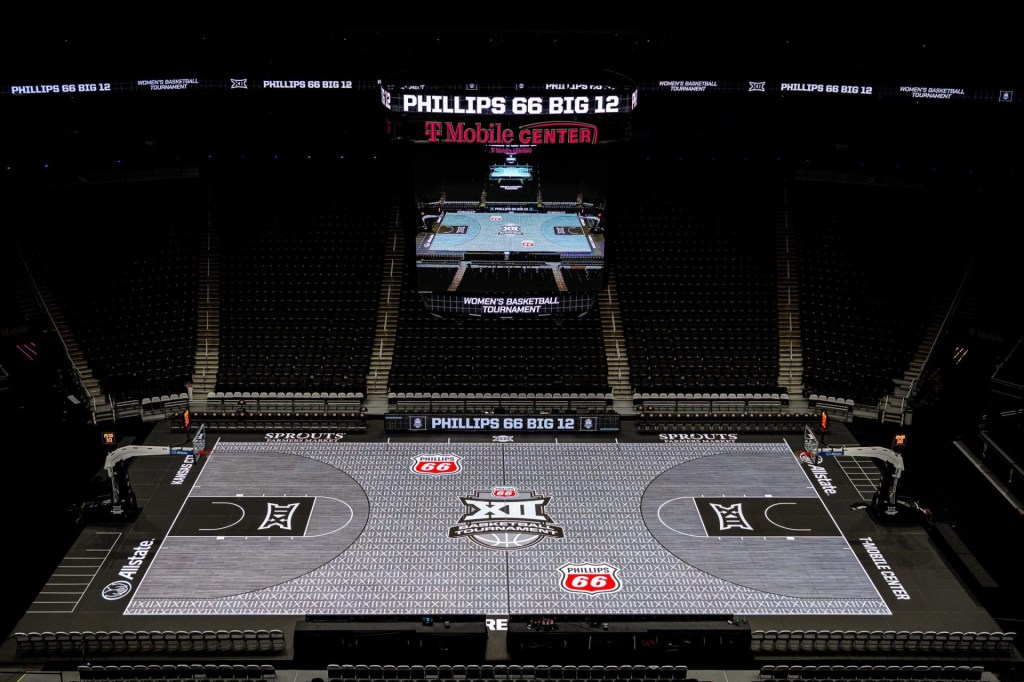Luka Garza and Jalen Suggs were able to sell NFTs because they’ve both declared for the NBA draft and won’t return to the NCAA.
But when name, image, and likeness rules take effect, NCAA athletes will be able to mint NFTs while they’re still playing. NAIA athletes can even mint them now.
‘Wide Open’ Possibilities
Ahmad Elhawli, the founder of NIL platform Sportsfinda, recently announced the company has created an NFT marketplace for college athletes that will launch when NIL rules take effect.
“From what we’re seeing at the moment, the market is wide open,” Elhawli told FOS.
Like Garza and Suggs did, college athletes could sell artwork of themselves that commemorate their accomplishments.
Elhawli also believes that selling one-on-one meetings or other community-building “experiences” is “becoming a key point in the whole transaction.”
Part of Garza’s NFT, for example, is a chance for the owner to have dinner and a meditation session with him, play him in a game of HORSE, and receive lifetime access to his basketball camps.
And, of course, athletes could profit from their own social media posts. If a “regular” person can sell tweets for $500, Elhawli said, imagine how much a prominent college athlete could make.
Women’s Sports Opportunities
Women’s sports athletes “will be the biggest winners in this game,” Elhawli said.
Just as they’re projected to make substantial profit on regular NIL opportunities, they’ll benefit greatly from selling NFTs.
Oregon forward Sedona Prince could sell the viral TikTok exposing the differences between the men’s and women’s weight rooms, Elhawli said. The video would be valuable because of its historic significance and popularity.
Rights Complications
NIL laws will probably impose new restrictions on how athletic departments can use athletes’ likenesses in their NFTs.
And NFTs that athletes create may not include things like highlight reels if they don’t get group licensing rights.
“It’s like the wild west,” Schauder said.
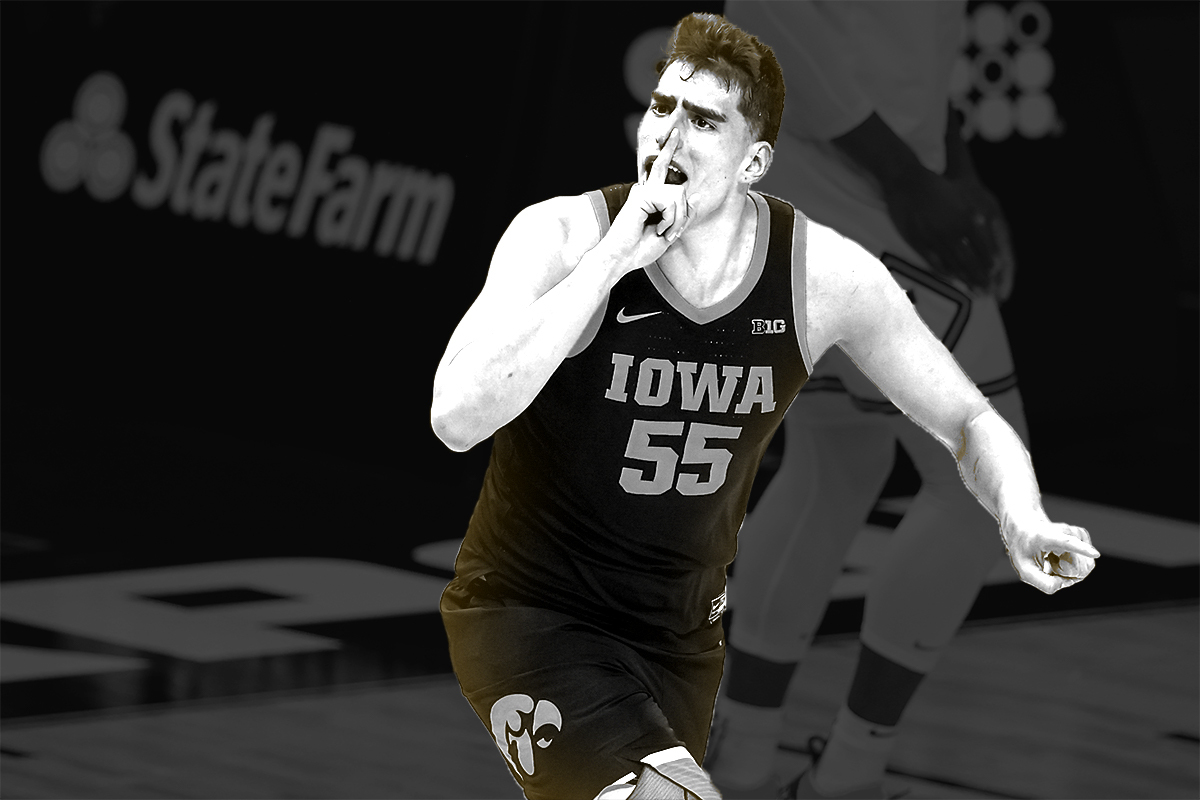
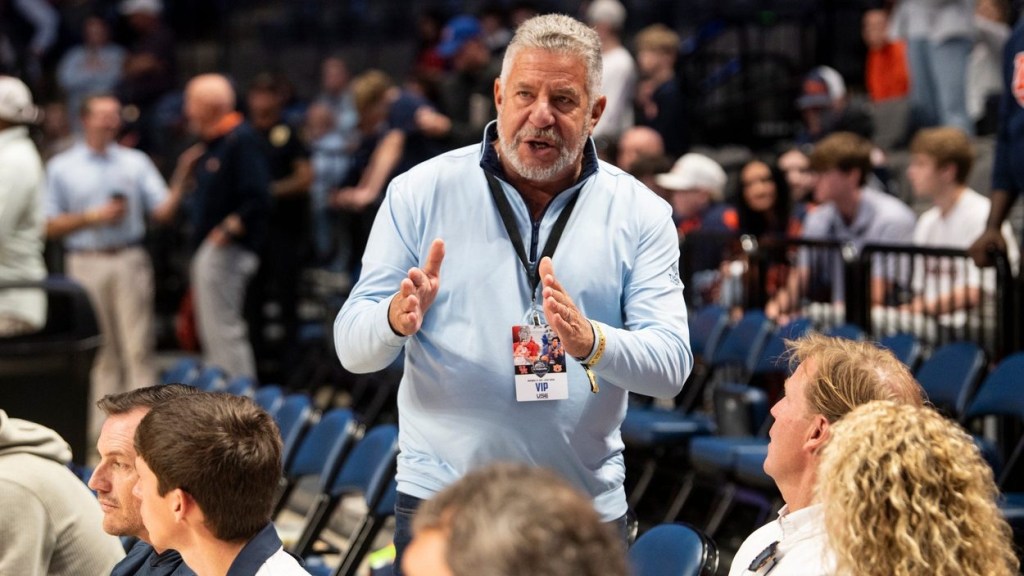
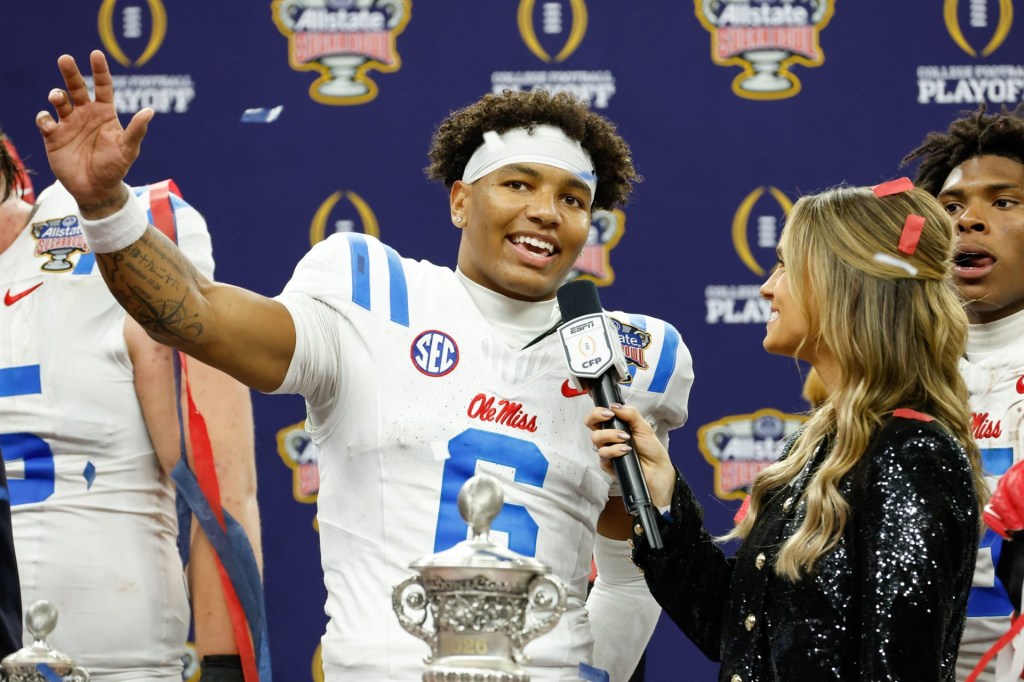
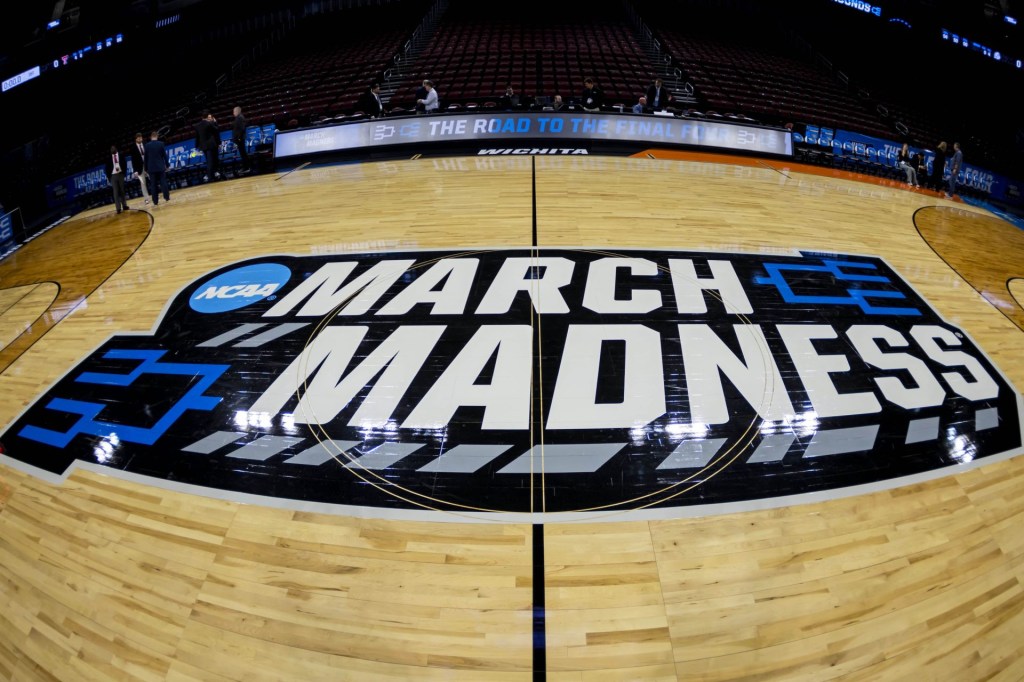

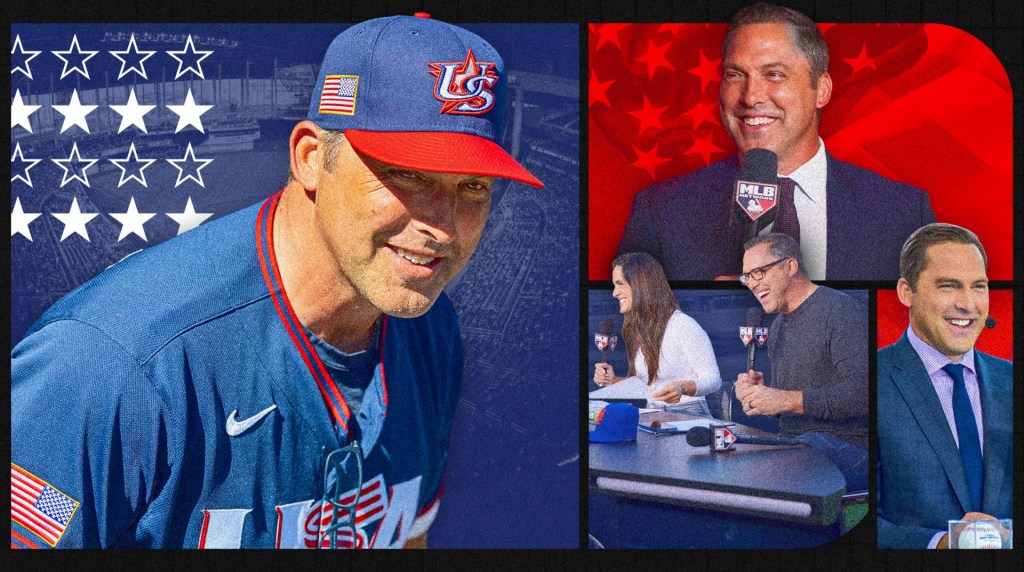


![[Subscription Customers Only] Jun 15, 2025; Seattle, Washington, USA; Botafogo owner John Textor inside the stadium before the match during a group stage match of the 2025 FIFA Club World Cup at Lumen Field.](https://frontofficesports.com/wp-content/uploads/2026/02/USATSI_26465842_168416386_lowres-scaled.jpg?quality=100&w=1024)
